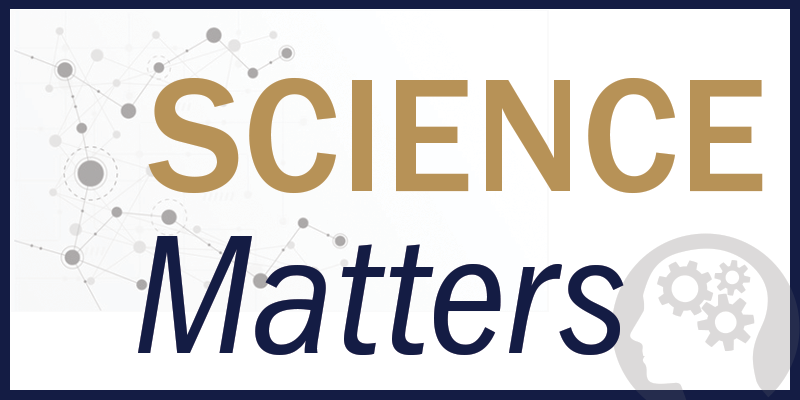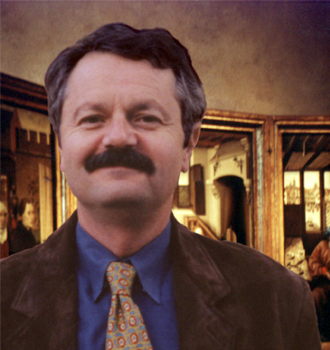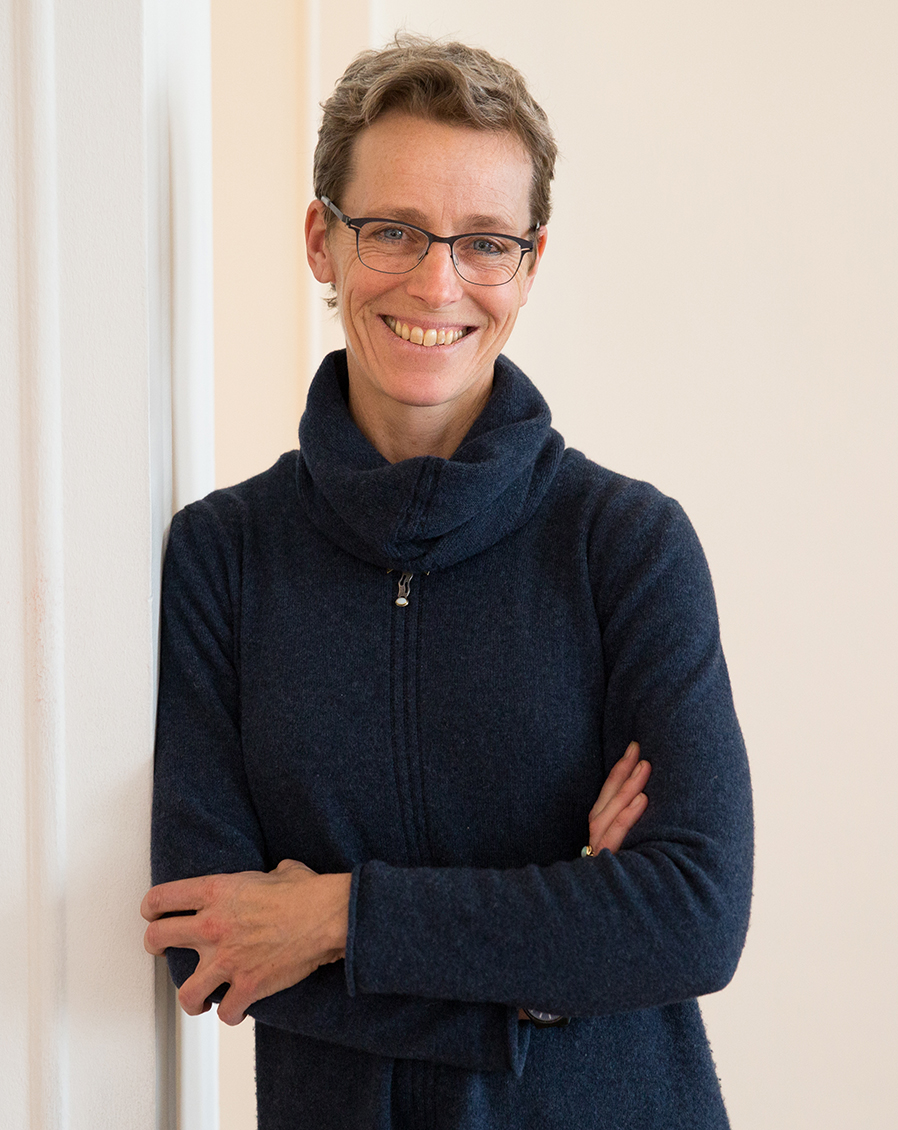Science Matters
A Lecture Series Focused on How Science Works and Why it Matters to Our Lives
 Scientific knowledge is often taken to be the paradigm for knowledge and it informs almost every aspect
of our lives. Yet, history shows us that science is not infallible. Science often
involves uncertainties, conflicting interpretations of evidence, methodological limitations
and tradeoffs, and sometimes a bit of luck! It is important to understand how science works, why disagreements exist, and why
certain scientific practices and methodologies are reliable or trustworthy. Because science is a process where new evidence is continually generated and hypotheses
can be revised, it is important for us, as members of the public, to understand both
how science work and why it matters so that we can critically evaluate what to believe
and what policies to support.
Scientific knowledge is often taken to be the paradigm for knowledge and it informs almost every aspect
of our lives. Yet, history shows us that science is not infallible. Science often
involves uncertainties, conflicting interpretations of evidence, methodological limitations
and tradeoffs, and sometimes a bit of luck! It is important to understand how science works, why disagreements exist, and why
certain scientific practices and methodologies are reliable or trustworthy. Because science is a process where new evidence is continually generated and hypotheses
can be revised, it is important for us, as members of the public, to understand both
how science work and why it matters so that we can critically evaluate what to believe
and what policies to support.
This lecture series features distinguished scholars and researchers sharing their work, how they arrived at their conclusions, and why their work might be significant.
2021 Lectures:
Engineering Courage: “Truth, Lies, and O-Rings: Inside the Space Shuttle Challenger Disaster”
In his lecture Dr. Hansen discussed “Truth, Lies, and O-Rings: Inside the Space Shuttle Challenger Disaster,” a powerful and award-winning book that he co-authored with Montana State University engineering graduate (Class of 1959) and aerospace industry legend Allan J. McDonald in 2009.
Previous Lectures:
2020 - 2021
The Search for Life on Mars and Beyond
ONLINE COMMUNITY EVENT
RING: Dr. Sarah Johnson, Georgetown University and Dr. Carol Cleland , University of Colorado, Boulder
Recorded Wednesday, February 24, 2021
Exciting new research is attempting to find evidence for either extinct or existing life in the universe. Previous Mars missions found that liquid water existed on Mars in the distant past, raising the question of whether there might be evidence for extinct life.
Click here to learn more about the event...
2019 - 2020

Charles M. Falco
Emeritus Professor, College of Optical Sciences and Department of Physics, University of Arizona, Tucson
5:30 p.m., Tuesday, September 10, 2019
Hager Auditorium, Museum of the Rockies
Title: The Science of Optics; The History of Art

Kate Brown
5:30 p.m., Thursday, February 6, 2020
Hager Auditorium, Museum of the Rockies
Title: The Great Chernobyl Acceleration
